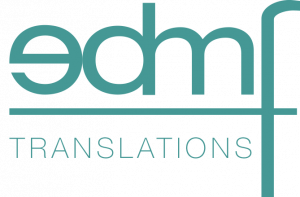SEO translation for your business
Companies looking to expand globally should seriously consider internationalising their websites. But it is important to remember that this extends beyond just regular language translation. Keywords for search engine optimisation (SEO) are perfect examples of content that cannot simply be translated word for word into a foreign language. Instead of a literal translation, this type of text has to be specially adapted to suit the specific features of the relevant target countries.
The different language versions of a website must be specifically adapted to their target audience in terms of language and structure. It’s important to understand that the same applies to the underlying search engine marketing. After all, this is the only way for companies to secure a high ranking in search results.
Also, many search engines differ in terms of the criteria they use to rank their search results. It is also worth noting that even users’ search behavior varies from country to country.
Tips for successful SEO in markets with different languages
Once a company has decided to expand into a new target market with a foreign language, it should consider the following pointers for its search engine marketing:
-
Research which search engines are preferred in the target countries. Some countries use other search engines – such as Bing, Yahoo, or Yandex – rather than Google.
-
Ideally, your website should have country-specific domains. These may refer to your company name, or even your products and their names.
-
Have the content of your website translated by qualified native speakers and ensure that it is localised to suit the specific features of both the target country and your company.
-
When translating keywords, please consider cultural and historical factors associated with the target country instead of translating each word.
KeywordsWhen translating websites and adapting search engine optimisation requirements to suit different countries, we always turn to qualified native speakers with high SEO understanding and know-how. In addition to localising the content, we also pay close attention to the keywords in SEO texts, as user search habits vary significantly from one country and culture to the next. This is the only way to ensure that content will be found online.


